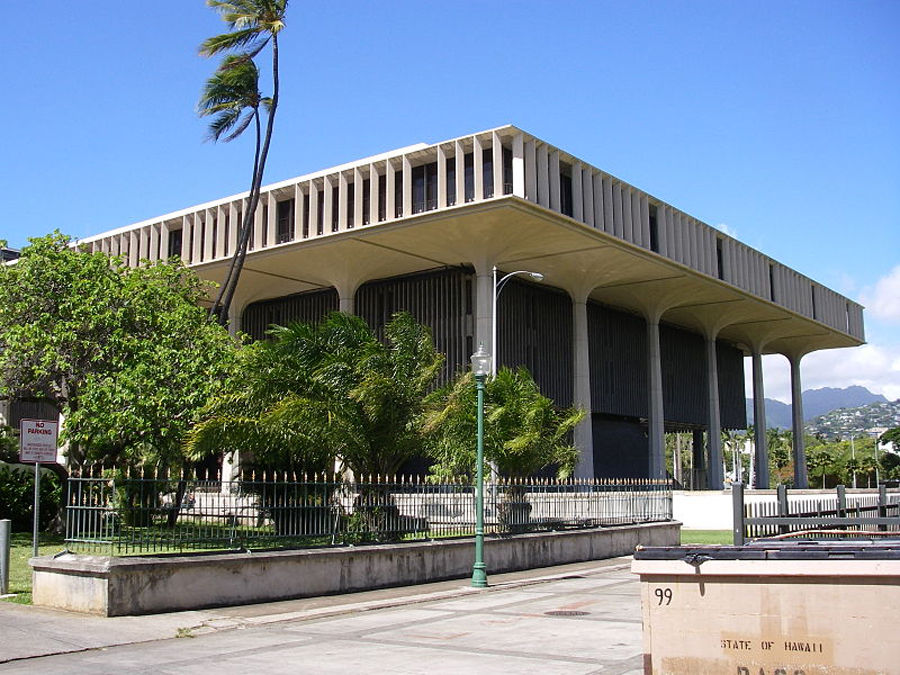LIHUE — State health officials are drafting rules for a ban on cesspools as well as a tax credit incentive program that would help a small percentage of property owners upgrade to a more environmentally friendly waste system.
The pending legislation is aimed at curbing water pollution by converting roughly 6,800 qualified cesspools in high-priority areas into septic systems or sewer system connections. Gov. David Ige will need to sign off on the rules before they can go into effect.
Hawaii is the only state that allows the construction of new cesspools. Kauai, however, banned them in 1991. But elsewhere in the state there are about 800 new cesspools currently under construction.
“Cesspools in Hawaii release about 55 million gallons of actually untreated wastewater,” said Sina Pruder, engineering program manager for the state Department of Health’s wastewater branch. “Cesspools are actually the leading reason for contamination of groundwater and surface water and streams and there is a potential source of disease-causing pathogens.”
The average cost of a cesspool-to-septic system conversion is between $20,000 and $30,000, according to Pruder, who briefed the Kauai County Council on the pending legislation Wednesday morning. Under the proposed legislation, up to $10,000 would be made available per taxpayer for upgrades to cesspools within 200 feet of a source of drinking water, the ocean or a river or steam.
An estimated 1,500 of Kauai’s almost 14,000 cesspools and less than 8 percent of cesspools statewide would be eligible for the tax credit.
For those eligible cesspools, upgrades would have to be completed during a five-year window starting Jan. 1. The tax credit program has an annual cap of $5 million.
The tax credit would be available for cesspool conversions, not new construction.
There are more than 88,000 cesspools in Hawaii. All told, 55,000 of them are on the Big Island and nearly 14,000 are on Kauai, according to the DOH. Experts say these cesspools release as much as 23,700 pounds of nitrogen and nearly 6,000 pounds of phosphorus into the ground each day. These gases can degrade water quality, stimulate undesirable algae growth and harm coral reefs.
Last year, state health officials proposed a mandate that would require homeowners to upgrade existing cesspools to a septic system or sewer line connection within 180 days of the sale of a home or business property. Businesses with large capacity cesspools were already required by federal law to upgrade in 2005.
The 2014 proposal was met with public concern about the financial repercussions of such a mandate and did not get signed into law.
The new legislation proposal is intended to be more lenient and sensitive to the idea that not all property owners have the financial resources to buy in to an upgrade.
Still, county councilmembers questioned whether a $10,000 tax credit is enough to compel home and business owners to shell out an estimated $10,000 to $20,000 more to complete an upgrade.
“Is a $10,000 incentive enough for the public when their cesspool is functioning fine?” said Vice Chairman Ross Kagawa. “Everybody loves the environment, but it’s going to come down to how much money you’ve got. Ten thousand dollars to $20,000 is, for a lot of people, a year’s worth of savings.”
A public meeting on the state cesspool proposal will be held at 5 p.m. on Wednesday, Aug. 12 at the Kauai District Health Office, 3040 Umi Street.
•••
Brittany Lyte, environmental reporter, can be reached at 245-0441.




